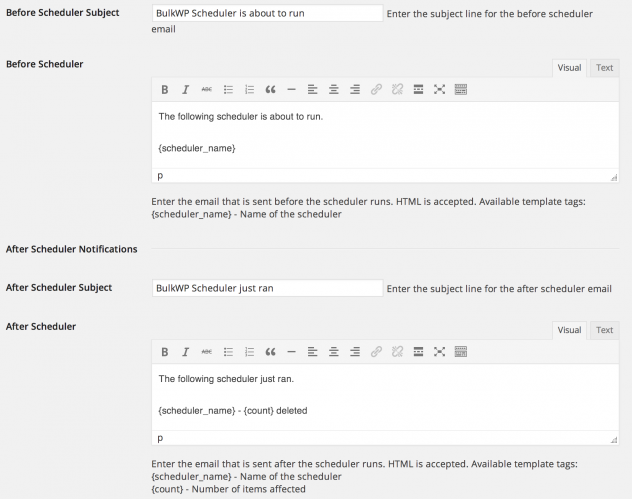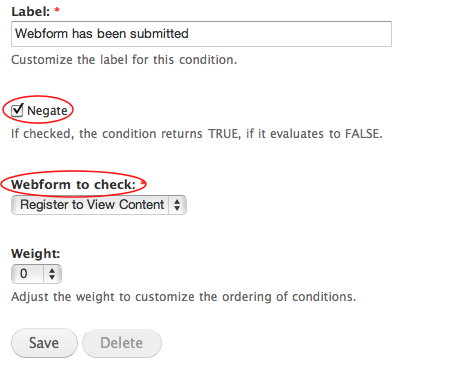
Informing the potential customer that the product appeared in stock can serve as a vivid example of how the right automated actions on a website can drive sales. In addition to the fact that good user experience always transforms into conversions, there are cases when Drupal Rules can directly influence the purchasing decision. Timely and useful messages, notifications, or instructions to the users make your website’s work transparent and clear, which is crucial for usability and customer loyalty. There is no need to do standard and repetitive tasks anymore or monitor the routine events that your website can take care of. Just like any website automation, Drupal Rules can save plenty of time and improve the efficiency of the website owner’s team. “Rules eliminates the middleman” - this is a quote from the Rules Initiative interviews that Josef shared. So said Josef Dabernig, a major Drupal Rules contributor, in a discussion with Jeffrey McGuire from Acquia. Rules put power into the hands of the end users and enable website owners to implement their business use cases, which makes it Drupal's most important design decision. The benefits of using the Drupal Rules module For example, the Scheduler Rules Integration is a submodule of the Scheduler module, which enables you to configure the publishing of your scheduled content based on some events and conditions. Some contributed modules come with submodules made specifically for the Drupal Rules integration.

There is a certain condition that needs to be satisfied (optional).There is an event that triggers the rule invocation.The logic of the Drupal Rules module is built upon the event-condition-action (ECA) rules: You “teach” your site to perform streamlined and repeatable actions based on what is happening. The Drupal Rules module provides an interface for creating automated workflows on your website.

The main principles of the Drupal Rules module’s work Interested? Welcome to get acquainted with the Drupal Rules module! See how one of the most popular modules in the Drupal development history can help you with website workflow automation.

#Drupal rules scheduler email per x comments code#
The cherry on top of the cake is that all this is possible without long lines of code - all you need is your Drupal admin dashboard. Even complex scenarios are easily achievable. Imagine a smart website that automatically performs the right actions in response to particular events.


 0 kommentar(er)
0 kommentar(er)
